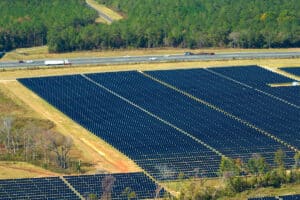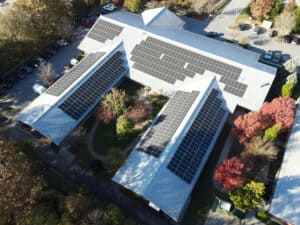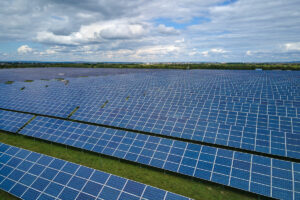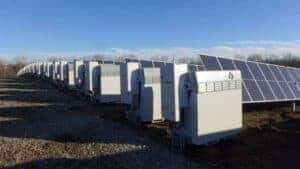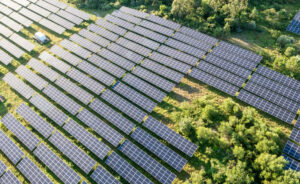Commercial energy storage has become an essential aspect of energy management for businesses of all sizes. It not only helps businesses to become more energy-efficient, but it also provides cost savings in the long run. However, the cost of commercial energy storage is a significant factor that businesses need to consider.
The cost of commercial energy storage can vary depending on several factors, such as the size of the system, the type of battery technology used, and the location of the project. However, the main cost of storage systems is typically attributed to the battery component of the system.
Battery storage systems
Lithium-ion batteries are currently the most popular battery energy storage technology used in commercial energy storage systems. The cost of lithium-ion batteries has been steadily declining in recent years, making storage systems more accessible to businesses and consumers alike. According to a recent report by BloombergNEF, the cost of lithium-ion batteries has fallen by 89% since 2010.
Read: How lithium-ion batteries work
The cost of energy storage is typically measured in dollars per kilowatt-hour (kWh) of storage capacity. According to the same BloombergNEF report, the average cost of lithium-ion batteries was $132 per kWh in 2021. Even further, this was a 6% drop in price from the prior year in 2020 with $140/kWh. This significant reduction in cost has made energy storage systems more affordable and competitive with traditional power sources.
However, it’s important to note that the cost of can vary depending on the specific project. For example, larger-scale projects may benefit from economies of scale and lower costs per kWh. Additionally, energy storage projects in remote or off-grid locations may incur additional costs due to transportation and installation expenses.
More price factors
Other factors that can impact the cost of energy storage systems include the type of battery technology used and the project’s location. For example, some battery chemistries may be more expensive than others, and projects in areas with high energy demand or variable energy supply may require larger, more complex systems, which can increase the overall cost.
Despite the cost reductions in recent years, the upfront cost of commercial storage systems can still be a barrier for some businesses and organizations. However, there are several incentives and financing options available to help offset these costs.
Read: What is long-duration energy storage?
Financing and incentive options
Many states and countries offer incentives such as tax credits, grants, or rebates for businesses that install energy storage systems. In the United States, the Investment Tax Credit (ITC) can provide up to 26% of the total cost of a storage project in tax credits. Additionally, many utility companies offer demand response programs that pay businesses and consumers for reducing their energy usage during peak demand periods.
Financing options such as leasing and power purchase agreements (PPAs) can also help reduce the upfront cost of energy storage. With a lease, businesses can pay a monthly fee for the use of the storage system, rather than purchasing it outright. PPAs allow businesses to purchase the energy generated by the system, rather than the system itself, at a fixed rate over a specified period.
Read: What the Investment Tax Credit Extension to Energy Storage Means for the Industry
Interested in commercial energy storage?
If you are interested in implementing energy storage solutions at your company or organization and reducing reliance on peak plants, consider partnering with EnergyLink. Our team of experts will walk you through the design, build and fund phases of storage projects. To get started, click the side button for a free quote. To speak directly with a team member dial (866) 218-0380. Want to stay up to date on the latest renewable energy industry news? Click the link below to sign up for our bi-weekly newsletter.

